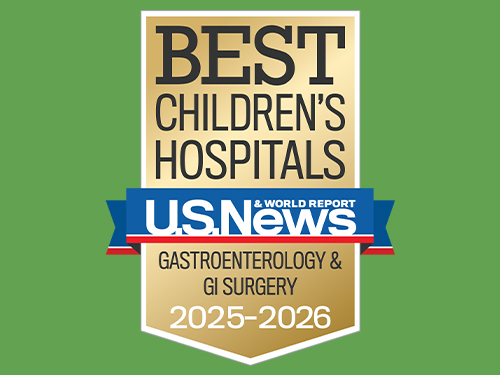The spleen is located in the upper left corner of the abdomen. It is bordered by the body organs that are closest, which are the stomach, left kidney and the top of the colon. It is normally protected by the rib cage. However, in cases of severe trauma to the chest or abdomen, the spleen can be injured by the overlying rib cage. In some infections (mononucleosis) or in some disease states (blood diseases like hereditary spherocytosis or cancers like leukemia and lymphoma) the spleen can become enlarged. Then it may come down into the abdomen away from the protective ribs and may be vulnerable to injury.
The spleen has many functions:
- helps in immunity (protection against infection)
- stores blood for the body and releases it when needed
- destroys bacteria
- destroys worn out and damaged platelets
- destroys worn out and damaged red blood cells
An injured spleen causes hemorrhage (bleeding). The signs and symptoms of an injured spleen include abdominal pain, guarding (holding a hand over the area), tenderness in the upper left part of the abdomen, left shoulder pain and signs of shock and blood loss. This can be a major life threatening event. Diagnosis is usually made by a CT Scan.
What Will Happen to My Child If He/She Has an Injured Spleen?
The Pediatric Surgery Team will be watching your child’s lab results carefully to determine if the spleen continues to bleed. The lab results that will be most important are your child’s hemoglobin (main component of red blood cells that carries oxygen from the lungs to the rest of the body) and hematocrit ( the percentage of red blood cells in blood). This blood test result may drop within the first 24 hours and then begin to resolve.
Your child will be on bed rest for 24 - 48 hours with the hemoglobin and hematocrit tested every 6 -12 hours. When your child leaves the hospital he/she must not participate in physical activity or contact sports for a period of 6 weeks to 3 months. A follow up visit to the Pediatric Surgery Clinic will be scheduled following discharge and a hemoglobin and hematocrit will be drawn again to check for resolution of the bleeding.
What Will Happen If the Spleen Needs to Be Removed?
If the spleen continues to bleed, surgery to repair or remove the spleen may be necessary. If the spleen is removed, the body is equipped to take over the functions of the spleen with the liver and lymphatic system, but there is a slight increase in infection problems. Your child must have an influenza vaccination each year. Any fever of greater than 101ºF must be reported to your primary care physician. If you have any further questions, please do not hesitate to ask any member of the Pediatric Surgery Team.
Contact Us
If you have any questions, use the online tool below to help us connect with you. To schedule an appointment, please contact our clinic using the information below:
Pediatric General & Thoracic Surgery
6410 Fannin Street, Suite 950
Houston, Texas 77030
(832) 325-7234
Office Hours: 8 a.m. to 5 p.m. (Monday-Friday except major holidays)
To contact Children's Memorial Hermann Hospital, please fill out the form below.
If you are experiencing a medical emergency, call 911 or go to the nearest emergency room.
If you or someone you know needs support from the Suicide and Crisis Lifeline, call or text 988.
